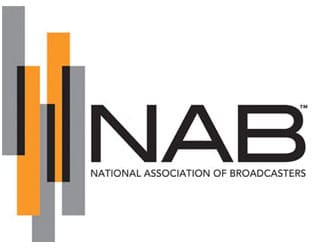Actually, it’ll be Thomas H. Lee Partners (THL) Managing Director Richard J. Bressler in the hot seat in the meeting room of the Subcommittee on Telecommunications and the Internet this morning. Bressler can be expected to hog the spotlight — whether he wishes to or not — at the expense of the PUC exec and pair of academics who will be joining him to discuss the "Role of Private Equity in the Communications Marketplace."
THL is one of the equity groups trying to close the 26.7B cash-plus-debt privatization of Clear Channel. Many things have complicated that deal. Among them are THL’s interests in Cumulus Media Partners and Univision, both of which had to be restructured to make them unattributable. Bressler also sits on the board of Nielsen, and THL has a chunk of that company as well. Bressler’s resume includes stints at Viacom and Time Warner, among other things.
Joining him on the board will be Carlito P. Caliboso, Chairman, Public Utilities Commission of Honolulu HI; Josh Lerner, Jacob H. Schiff Professor of Investment Banking at Harvard Business School; and Eli M. Noam, Director, Columbia Institute for Tele-Information and Professor of Finance and Economics, Columbia Business School.
RBR/TVBR observation: All kinds of investors have had a role in financing broadcasting companies. The fear some have with private equity is that it views ownership as a temporary matter — it either swoops in to liquidate an acquisition, hoping that the sum of the parts is greater than the whole (particularly if the whole was acquired at fire sale prices), or it looks to quickly build value and sell. Either way, it is assumed that the special public interest responsibilities particularly incumbent on broadcast enterprises will be a mere afterthought.
FCC Chairman Kevin Martin has explained that the requirements and obligations of being a licensee are the same for a standalone owner like Jerry Lee as they are for a big investor like Thomas H. Lee Partners.
That means that if THL runs the companies in a manner detrimental to the public interest, the public has the right to formally protest. But that runs headfirst into the limited jurisdiction the government has in telling any licensee how to run their business, as well as the common complaint from public interest quarters that the complaint process is broken and meaningless. It makes for a tangled mess in Washington, but it may well at the very least make for an entertaining hearing today.




